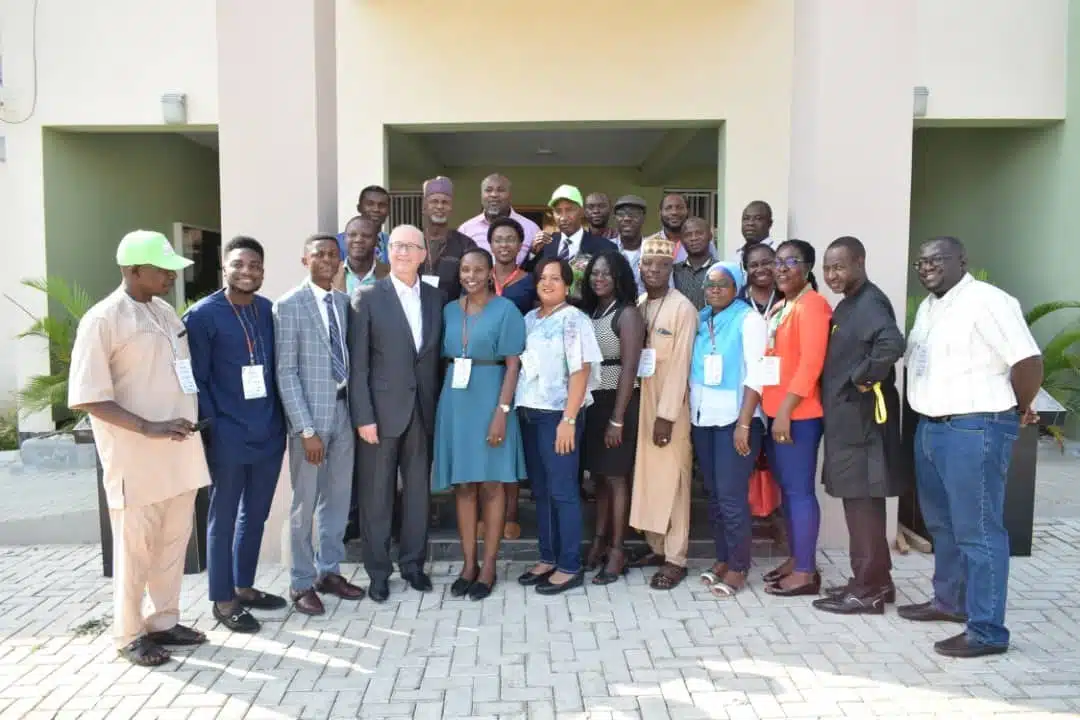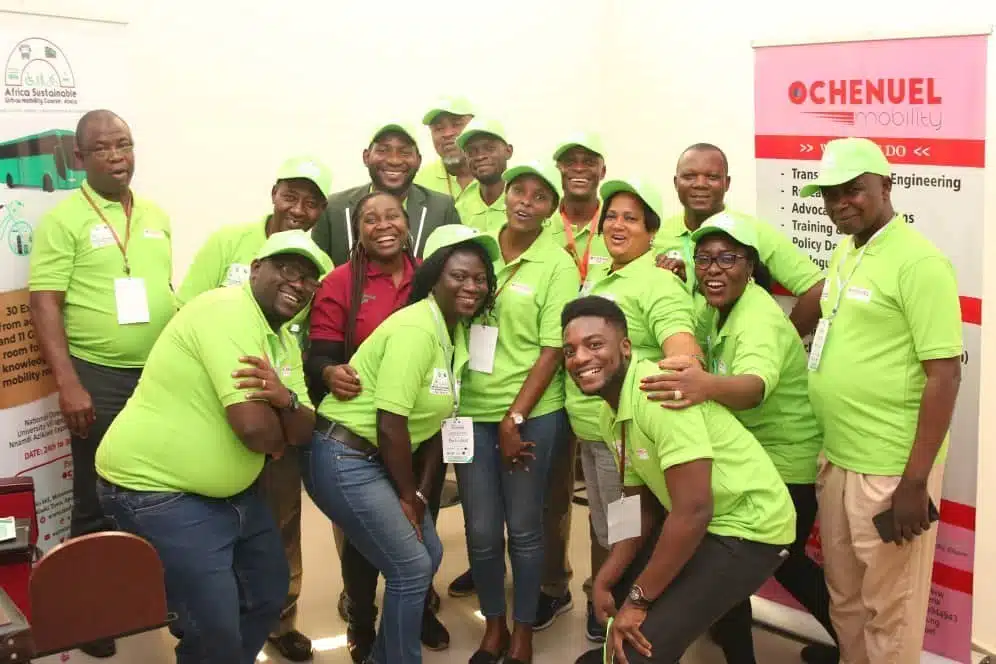By Claire Birungi
The Africa Sustainable Urban Mobility Course was organised in collaboration with Ochenuel Mobility (Nigeria), TUMI, ITDP, and the National Open University of Nigeria. The theme of the course was “Building Capacity of Stakeholders towards Urban Mobility Reform in Africa”. The course was attended by approximately 35 participants at the level of Directors, Chief Engineers and Transport Planners from Nigeria (Abuja, Bauchi, Damaturu and Lagos), Ghana, Uganda, Benin Republic and Netherlands.
Feedback from the participants generally stated that the course was long overdue and much needed. In some cities like Lagos, the urban mobility situation is acute and becoming worse every day. Some of the outstanding challenges were lack of knowledge on sustainable mobility planning and institutional arrangements that prolong or make implementation of sustainable mobility projects difficult.
The course pressed the need to focus on equitable transport with particular focus on implementing formal public transport and NMT, where walking and cycling and people with disabilities are mainstreamed. Key to the discussions was also to discourage obsolete practices such as planning high speed wide roads and footbridges that are not accessible for all and rather plan for safe at-grade infrastructure and public spaces.
The course was very beneficial to unpack and understand scenarios of urban mobility challenges, train on practices that are likely to escalate urban mobility challenges and also train on the sustainable practices that should be adopted to alleviate traffic congestion, climate change challenges, and improve universal access.
The participants led by Engr. John Emmanuel and Directors from the Federal Capital Development Authority (FCDA), the Government Agency responsible for the Development of Abuja had the opportunity to meet with the Executive Secretary/Chief Executive Officer of the FCDA to have an interactive session and to conduct site visits about transport in Abuja. The ES/CEO of FCDA welcome the team, thereafter we discussed what FCDA could take from the course. FCDA pledged to continue to support the course and to also work with partner ministries to ensure that all participants intending to travel to Nigeria for this course in the future would obtain the visas (some participants from South Africa and Ethiopia couldn’t make it due to long visa processes).
The participants recommended that this kind of training or dialogue continues in the future and that more participants from the continent are included to widen the knowledge sharing and learn from other cities.




